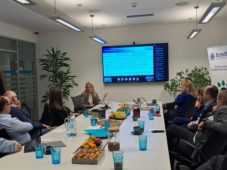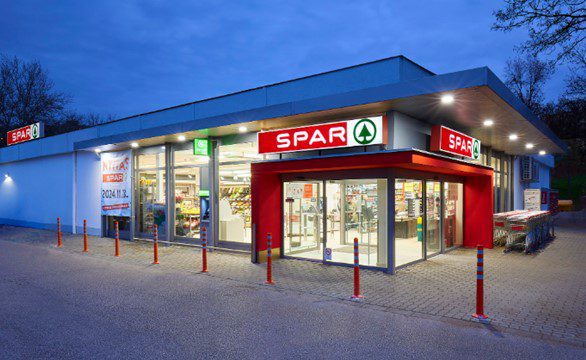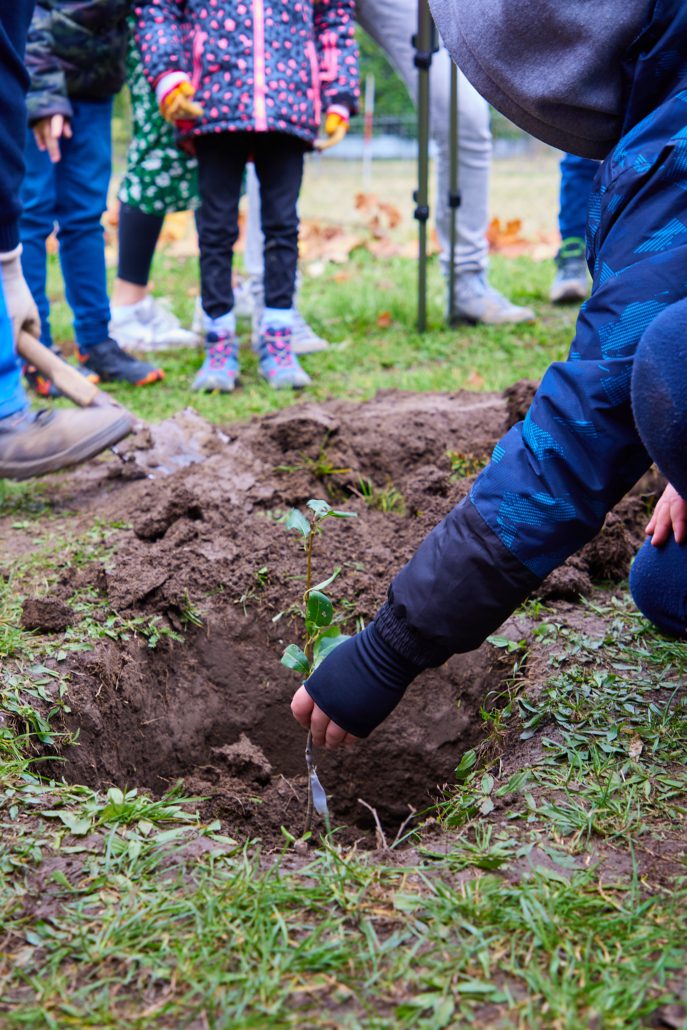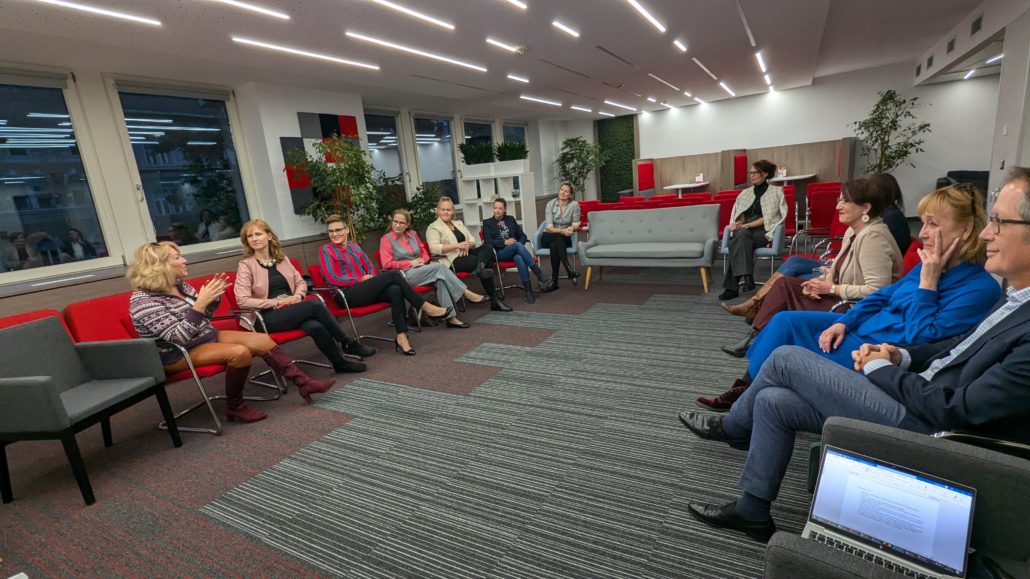In line with tradition, at its International Green Finance Conference, MNB (Hungarian National Bank) presented the Green Finance Awards to financial institutions leading the way on sustainability issues. At the sixth edition of the event, Allianz Hungária Zrt. won the Green Insurance and Pension Fund Award. When judging the Award, the MNB primarily took into account the level of assets under management in ESG related funds available, where Allianz Hungária’s performance is outstanding.

Allianz Hungária places great emphasis on taking sustainability into account not only in its own operations, but also in its insurance and investment portfolio, whether it is product development (e.g. insuring electric vehicles), solutions to support green transition (e.g. insuring solar and wind farms) or even green investment funds. A few weeks ago, the insurer launched two dark green asset funds, which are backed by sustainable investments in companies that pursue environmental or social goals, thereby actively promoting sustainability objectives through their portfolios. The light green funds also promote environmental or social aspects, but do not necessarily have sustainability as their sole objective; rather, they encourage responsible behaviour by the issuing companies. Allianz Hungária currently manages approximately HUF 29 billion in the latter category of asset funds, which represents 12.5 percent of the net asset value of all funds of the insurer.
“Allianz was founded 134 years ago with a mission to help make the future of its customers, employees and society as a whole more predictable and secure by managing risks properly, and has been committed to sustainability from the very beginning,” said Gergely Bacsó, CEO of Allianz Hungária, at the award ceremony. In recent times, more and more people have experienced first-hand the significant impact climate change has on both individuals and businesses: it threatens people’s health, homes and incomes, while for companies it poses a serious risk to physical assets and business continuity. In Hungary, for example, in the short term, with insurers’ storm-related claims settlements exceeding HUF 10 billion in both the 2023 and 2024 summer storm seasons, nearly as much was spent on storm damage payments in the last two years as in the five-year period 2016-2020 combined, and more than HUF 40 billion was paid to farmers for drought damage in 2022.
“All these events pose significant challenges for insurers: we need to take proactive steps to manage risks effectively and pay increased attention to risk mitigation and prevention”, said Gergely Bacsó. He added: – “We need solutions that integrate the broad spectrum and aspects of sustainability in order to protect the values and future of our customers and our communities.”
It is no coincidence that one of the cornerstones of the Allianz Group’s climate change strategy is to consciously prepare for the risks associated with climate change. In addition, the Group is actively supporting its customers in reducing the damage and risks of climate change and is taking targeted action to create a low-carbon economy. Last September, the Group published its highly ambitious transition plan, which sets out the intermediate targets it aims to achieve by 2030 in order to reach net zero greenhouse gas emissions in its investment portfolio and in its property and liability insurance businesses by 2050.
Creating confidence for tomorrow
Although much of the public tends to identify sustainability as environmental protection, it is a much more complex, multi-faceted area that insurers need to integrate into their decision-making mechanisms, product development processes and overall organisational operations. At the award ceremony, Gergely Bacsó also said that at Allianz Hungária, almost one in ten employees is actively involved in sustainability and green finance, whether they work in finance, legal, risk management and underwriting, product development, claims, operations support, marketing or HR. The CEO also spoke about the sustainability-related programmes and initiatives that are emphasised in the company’s workplace culture and that they are looking to open up to customers in the future.
Allianz pays particular attention to social aspects, actively engaging with its employees, customers, business partners, NGOs and policy makers. This includes education to promote prevention awareness – which can help improve risk management for customers at an individual level – and to emphasise the importance of financial education and self-care.
Gergely Bacsó called the award inspiring, which strengthens the Allianz Hungária team in its efforts to do more and better for the future of all of us. He said:
„At Allianz, we believe that the power of partnerships can multiply our sustainability impact, and we hope to find more and more partners and supporters along the way.”











